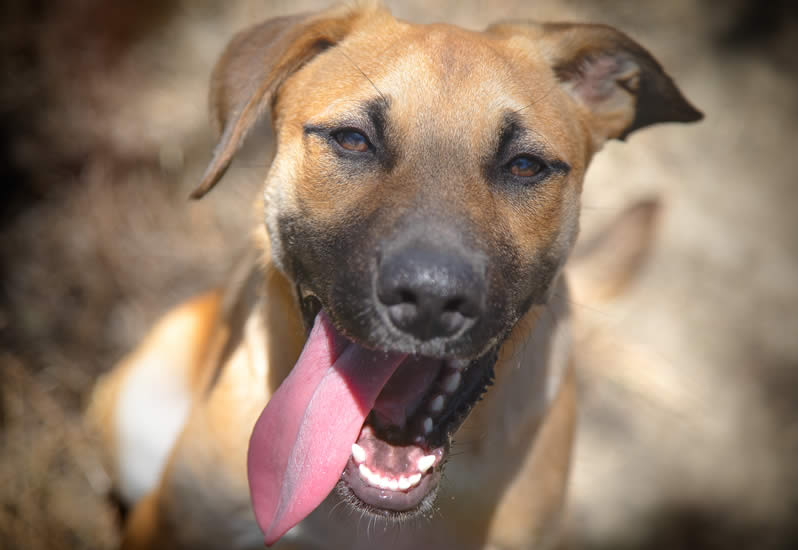Most cross-breeds are often far healthier than thoroughbreds, having inherited genes from other, sturdier breeds. This is especially true in the case of purebred flat-faced (brachycephalic) breeds such as Pugs, Bulldogs, Boxers and Boston Terriers.
Brachycephalic Breeds
These dogs have been bred to look more appealing and ‘cute’ to humans. Their round heads, big eyes, short noses and jaws, pudgy limbs and wrinkled skin more closely resemble human infants. But the cuteness comes at the cost of their health – these breeds typically have shorter lifespans than other similar sized dogs.
Their shortened noses and narrow air passages cause breathing problems, making physical activity difficult – especially on hot days, when they are extremely susceptible to heatstroke. Because they get less exercise, these dogs tend to be overweight. Brachycephalic breeds are also prone to eye problems and skin infections if skin folds are not regularly cleaned.
Welfare and ethical concerns arise from breeding these types, with their inherited health disorders. You are likely to spend more at the vet if you own this type of dog. And if you’re looking for an energetic, playful companion who’ll enjoy long walks on the beach and games of fetch, these dogs are not for you.
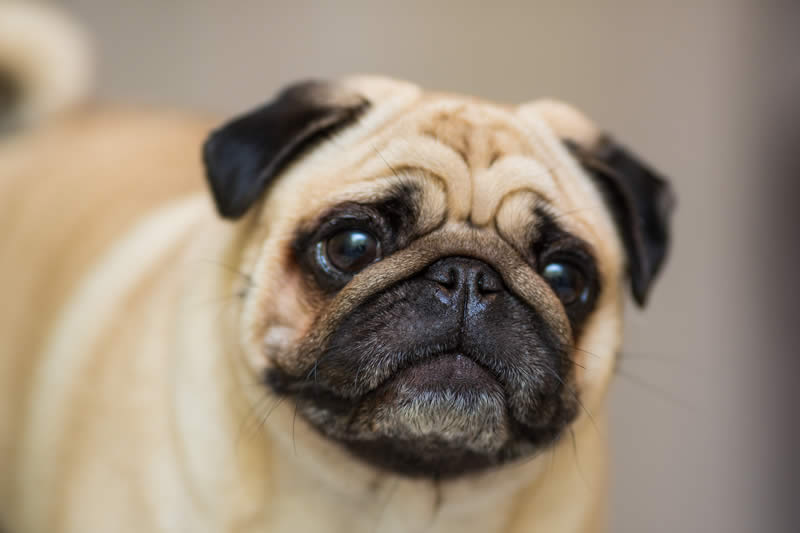
Africanis
Often dismissed as mongrels or ‘township dogs’, the Africanis is now recognised as a distinct breed, with a lineage dating back at least 7,000 years. Unlike purebred dogs that have been artificially created by selective breeding to enhance particular physical or behavioural characteristics, the Africanis has evolved through natural selection. When left to nature, it is the strongest, fastest and most intelligent individuals that survive, ensuring the breed adapts perfectly to its environment.
Traditionally, these dogs have always lived close to humans, other dogs, livestock and domestic animals. Although watchful, they are naturally friendly and well behaved, intelligent, tough and athletic. Their short coats are particularly suited to our hot climate, and they seldom suffer from skin problems or other ailments.
If your dog has Africanis blood in it, you can expect a strong and healthy companion that is loyal and protective, yet still gentle enough to be trusted around children.
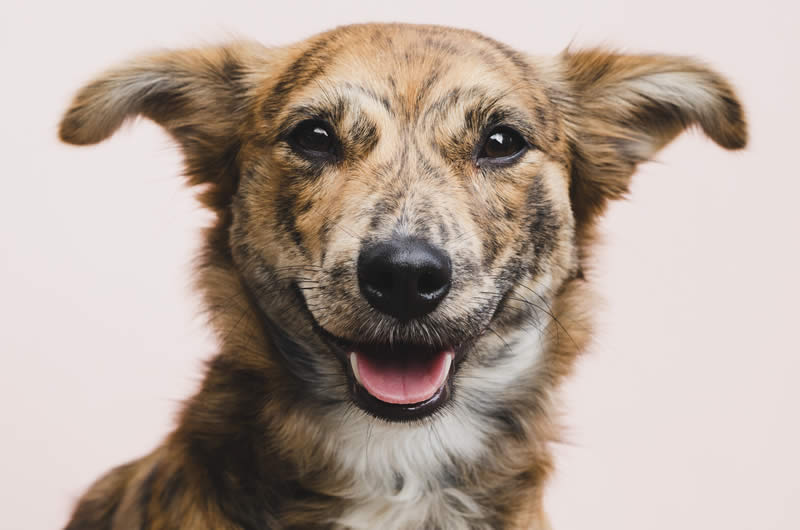
Characteristics of other breeds
Many of the dogs up for adoption at our SPCA are cross-breeds. Which means they have most likely inherited characteristics from other breeds. So, before you choose your new furry friend, it’s a good idea to understand what other breeds may bring to his or her personality.
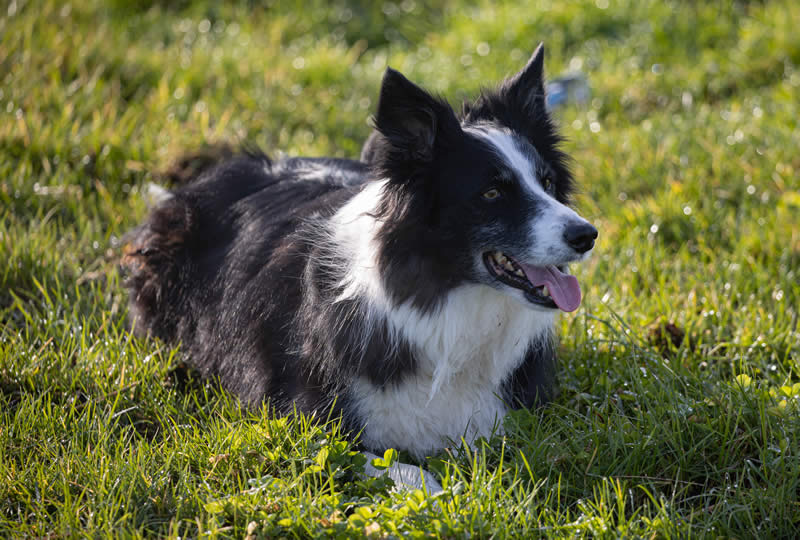
High energy Dogs
Breeds like Collies and German Shepherds are ‘working’ dogs, bred to herd sheep over mountainous terrain or work as police/guard dogs. If your dog has Collie or Shepherd blood, expect him or her to have boundless energy and a high level of intelligence.
These dogs need a significant amount of exercise (not just a stroll around the block) and activities like agility tests and games to prevent boredom. Without opportunities to work off excess energy and challenge their minds, they can become bored and destructive.
Any dog with German Shepherd blood will also be prone to a condition called hip dysplasia which leads to joint pain, arthritis and loss of mobility as they get older.
Huskies are another working dog breed. Although they are really beautiful, with their thick coats and (often) bright blue eyes, and their strength and endurance are legendary, remember that Huskies have been bred to pull heavy sleighs over vast, frozen distances.
You’ll need time and patience to train a dog with Husky blood to walk beside you on a lead, rather than taking you for a walk – or more likely, a run! You’ll also need a yard with high fences and gates to keep these famous ‘escape artists’ from getting out and running off in search of adventure.
If you’re looking for a calm, quiet companion to lie happily at your feet, those with working dog blood may not be the best fit.
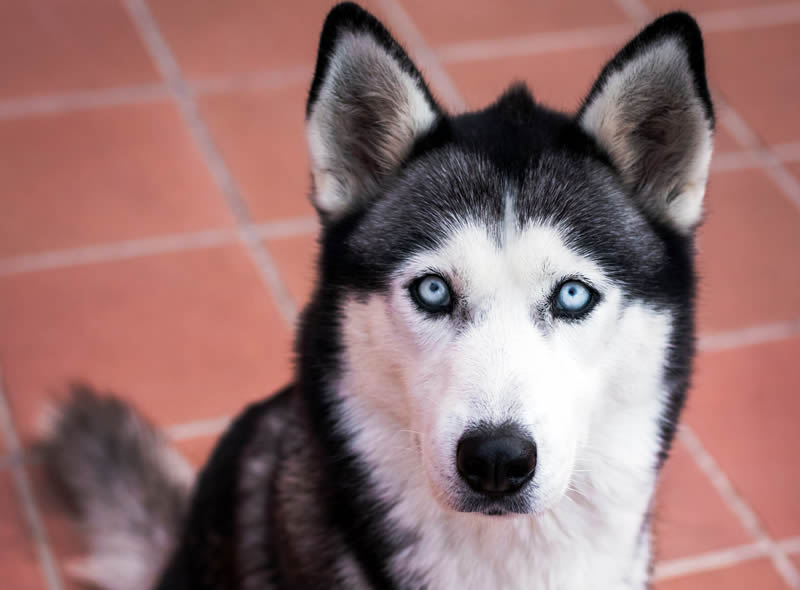
Independent, aloof breeds
Along with Huskies, dogs with Chow Chow genes can be standoffish and dominant. Owing to their thick fur and cuddly appearance, children often see them as life-sized stuffed toys. However, Chows are not innately friendly and if there are small children in the family, it might be best to avoid them.
Another breed that is not particularly good with children is the Chihuahua. Again, their small size and large eyes give the impression that they are timid and gentle. But their size makes it easy for them to feel threatened, and they have a reputation for protecting themselves by snapping at strangers or small children.
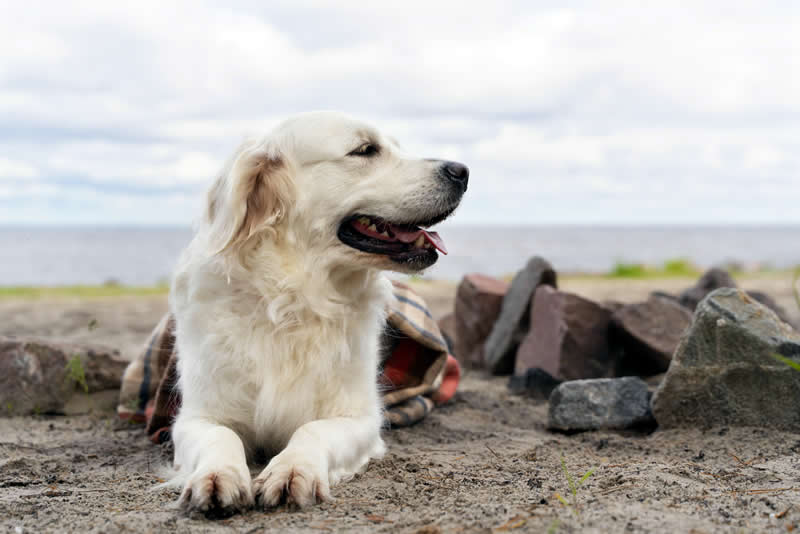
Calm, friendly dogs
If you’re looking for a calm, friendly dog that gets along well with children, other pets and strangers alike, aim for a Retriever/Labrador type. These dogs are eager to please, which makes them easy to train.
But, although they’re ideal family pets, they don’t usually make good watchdogs. When strangers approach, they’re more likely to be snoozing or pleasantly surprised.
Terrier types
Energetic and fearless, Terriers make lively companions, always ready for an adventure. They make excellent guard dogs because they’re so alert, and always keen to investigate.
Most terriers are enthusiastic diggers – bad news if you’re a proud gardener – with an inbred instinct to chase, dig out, and kill small furry and feathery creatures. They are also fearless fighters and prone to quarreling with other dogs.
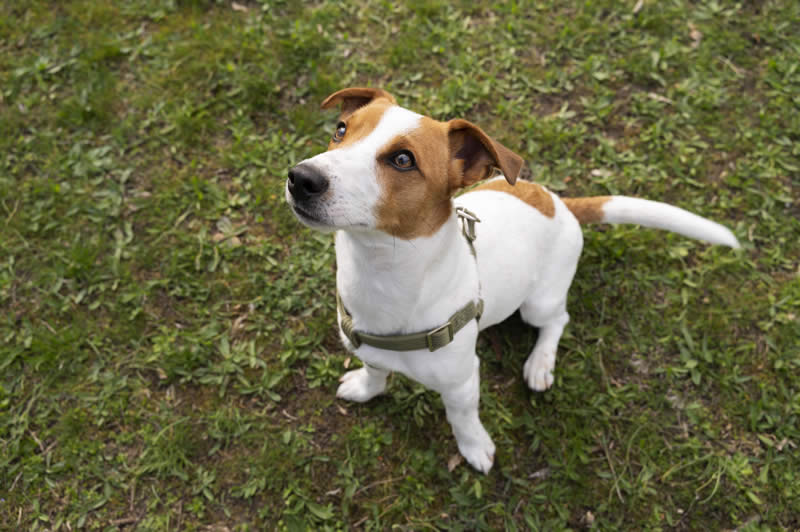
Choosing the right dog
Familiarising yourself with the natural characteristics of certain dog breeds will help you choose the right pet. But many behavioural problems can be corrected through proper training and socialising with other dogs and people from an early age.
One of the saddest aspects of working at an animal shelter is when you place a dog in a new home, only to have it brought back a week or so later, because its behaviour is unacceptable.
It takes time for a new pet to settle down and to understand your rules. All dogs need patience and kindness when it comes to training – it’s unrealistic to expect new behaviours and habits to form overnight.
Please invest the necessary time and effort to build the right relationship with your dog. You will be rewarded with years of faithful companionship and fun. Visit our website for a selection of dogs available for adoption right now.

